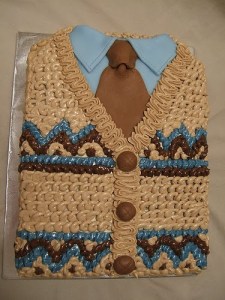Tuesday's post presented today, Wednesday, June 29th
Downsizing to help aging parents? A sobering thought: in a way that might surprise you, it applies to us too.
Personal experience: I've been writing about helping parents age well for about a year now on WordPress--hoping that sharing my unpublished book/manuscript with the world will, increase the number of older people who age well, as well as my parents did and my mother-in-law does.
Rewind to last summer. My parents had died, my then 96-year-old mother-in-law was aging well out west, and my husband and I were settled in our home of many years, enjoying our routines. While some people were thinking of moving to Florida, thoughts of giving up our home didn't enter our minds.
I'd joked about a city apartment being the best place to age well. "When you're really ill, the doorman can call a taxi, dump you in the back seat," and tell the driver which ER to take you to," I'd laughingly say. Then someone at the NY Times read my mind, I guess, and addressed the subject http://helpparentsagewell.com/2010/07/page/2/
Then our 18-year-old feral cat died. We took it for granted we could never move while she was alive--although loving and loyal, the "feral" in her would not allow her to age well in a new environment according to every veterinarian who had contact with her.
Since I give careful thought to the ideas expressed in my posts. Suddenly it occurred to me, why not at least look at apartments in NY City---for the future of course. We were theoretically too young to have to move or even want to move.
But moving--we are; and selling our home--the "For Sale" sign goes up this weekend. I'll skip the details of apartment hunting and how we ended up with what could be a perfect apartment but needs serious renovation that I had no inclination to do....but am presently doing.
Nevertheless, I want to talk about the major components of downsizing: Energy, Organization, Loss, Change as they impact aging parents and us. And I will try to post a bit each night, since large swatches of time are currently in short supply. Do check in.


